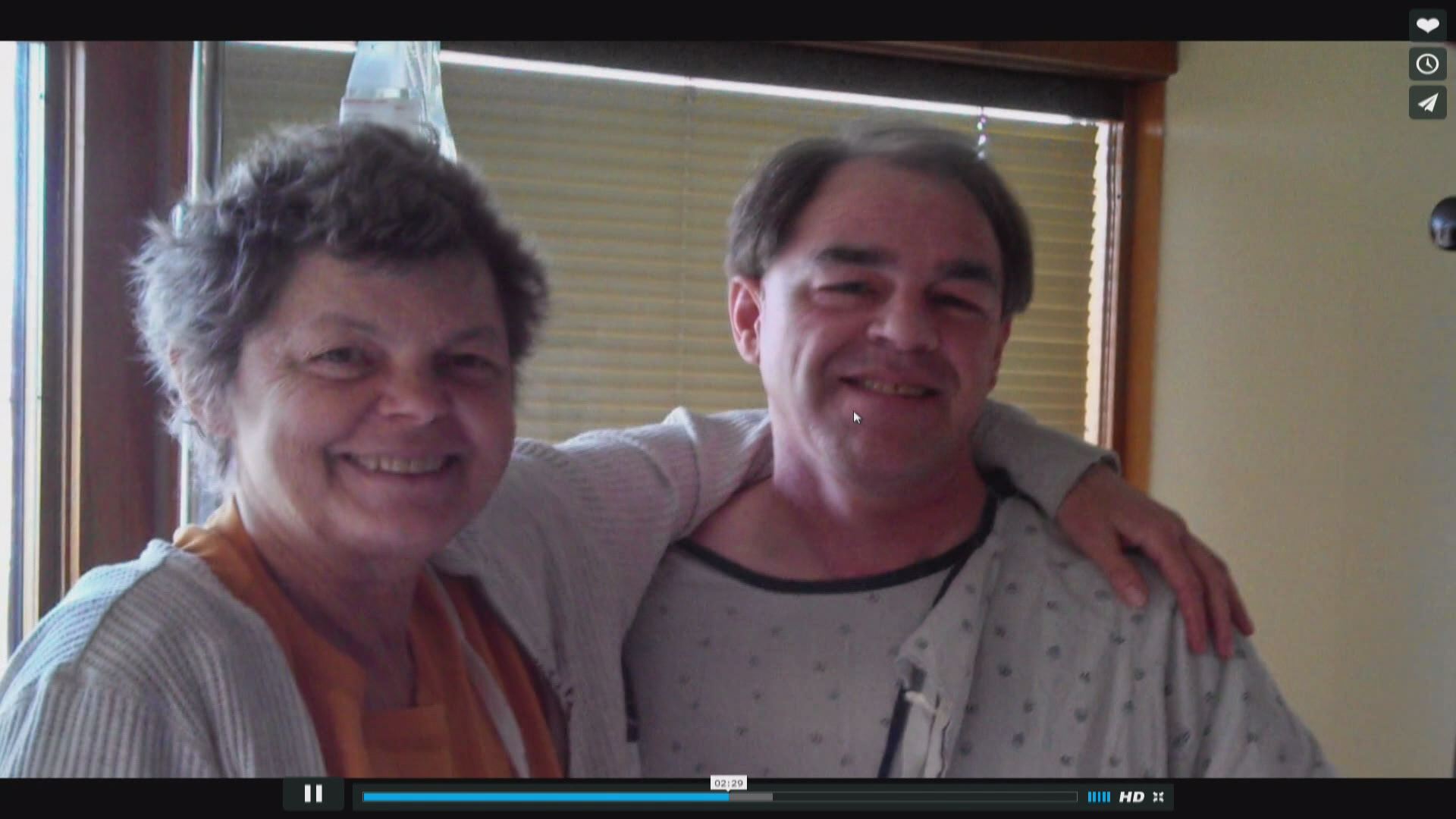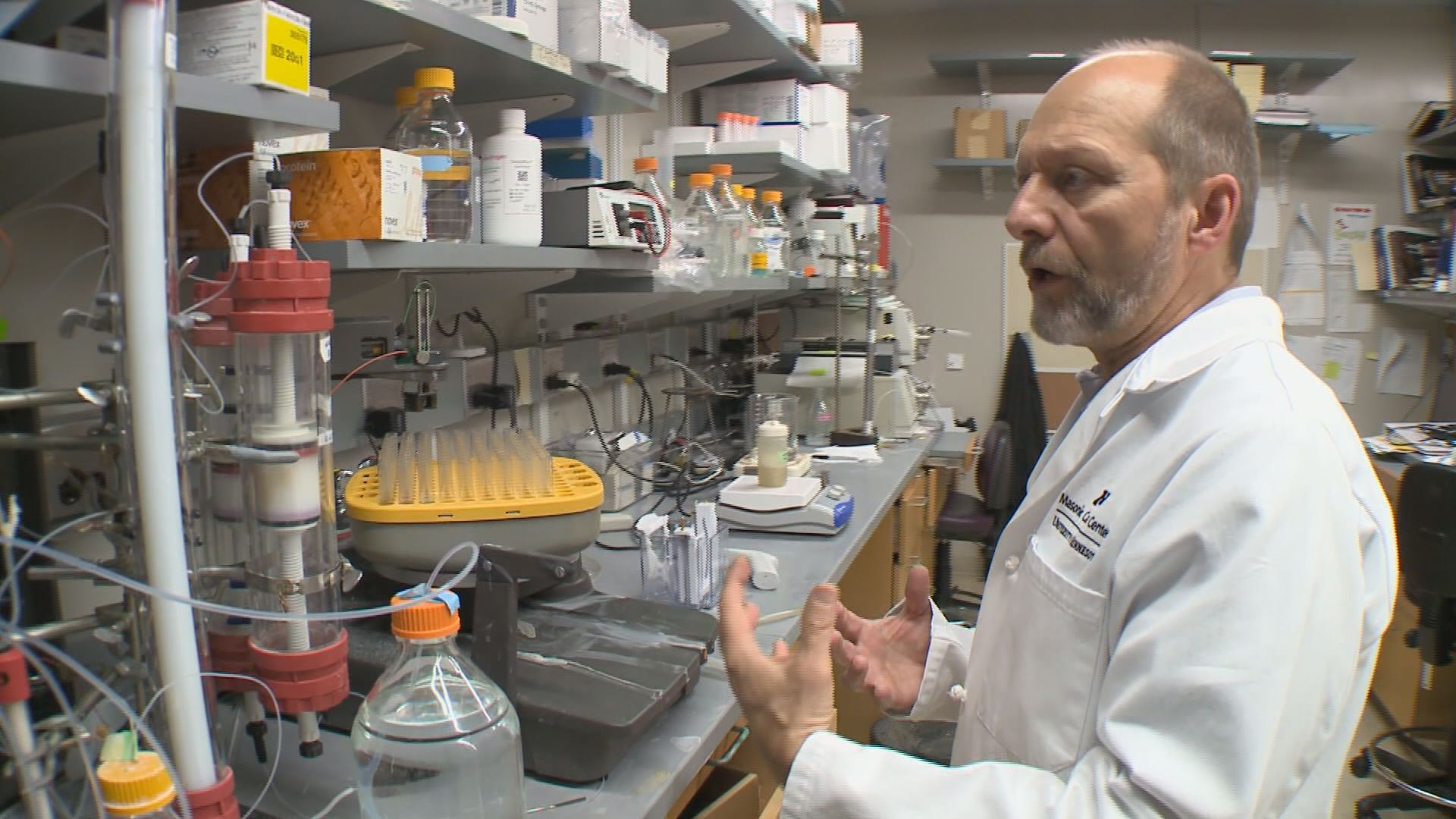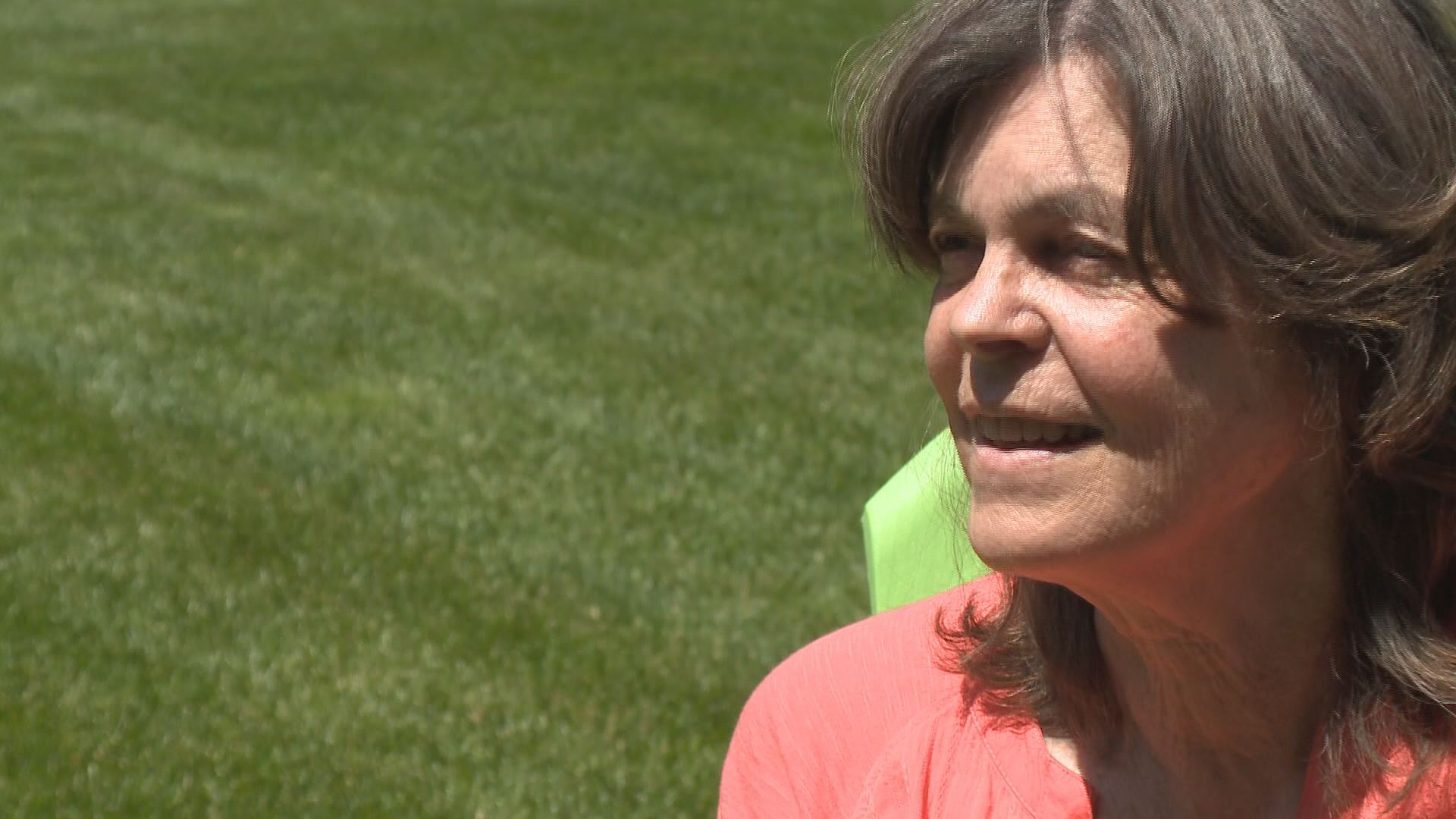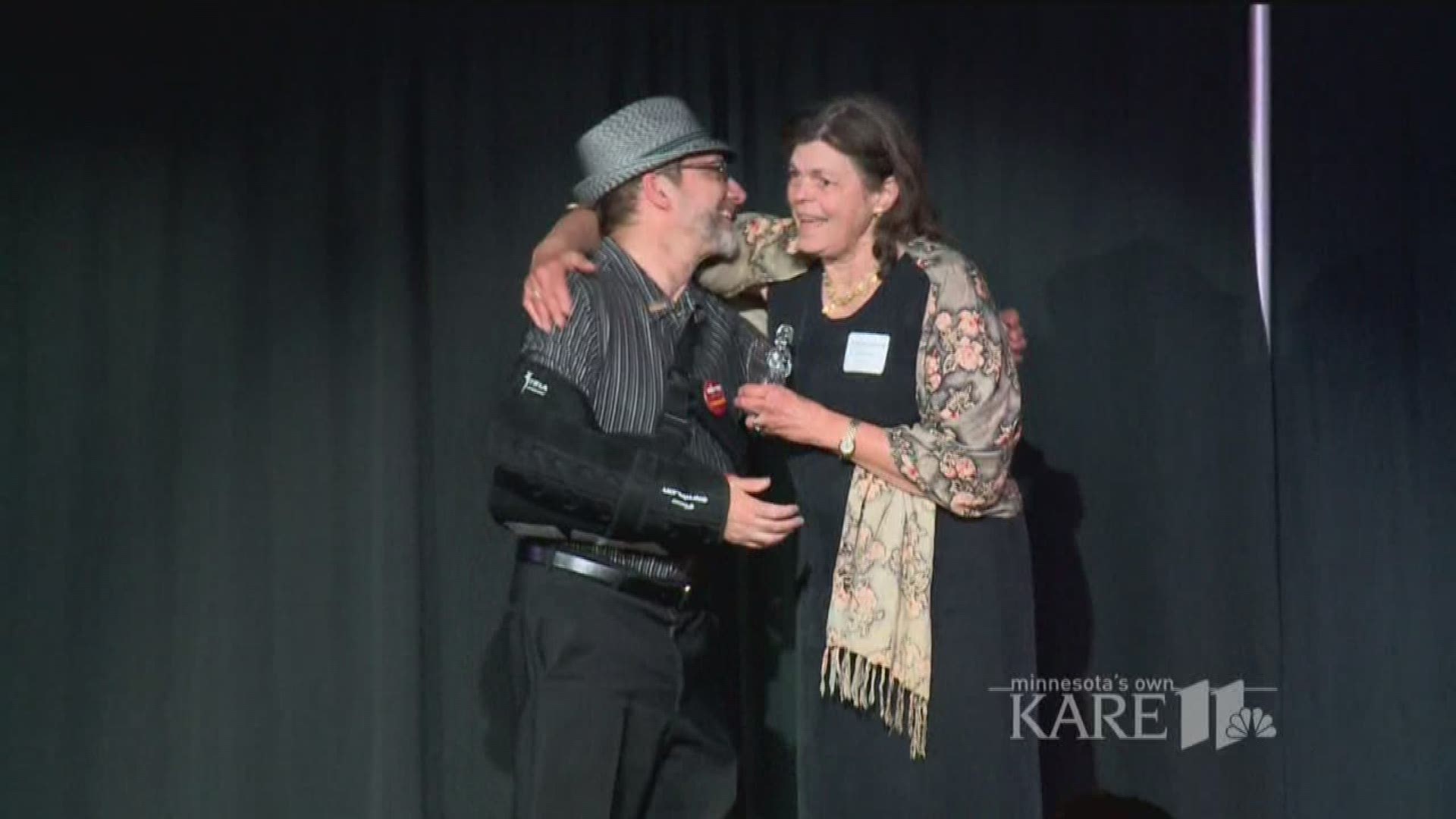MINNEAPOLIS - What are the odds?
Doctor Cynthia Cattell is a space plasma physicist and professor at the University of Minnesota. She's the kind of researcher that studies the Northern Lights, solar flares and radiation belts.
Her greatest discovery to date? When she met her first grandchild.
"It was just the feeling of holding your grandchild in your arms for the first time –when for years you thought nothing like this was ever going to be possible….it's just wonderful," says Cynthia.
In 2012, out of nowhere, Cynthia was diagnosed with cancer.

"And then he (her oncologist) said, 'No you really need to think this is going to be your fulltime job for at least a year,' and I think that's the point I realized…wow…this is bad."
For nearly two years, Cynthia fought cancer. Fought hard. She had every conventional type of treatment from chemotherapy, to radiation, to multiple bone marrow transplants. All failed.
In 2014, Cynthia was out of hope and nearly out of time.
"Along the process we have to break open the bacteria to extract our drug that we've grown," says Dr. Dan Vallera as he describes his cancer drug.
So what are the odds? Across the U of M campus, less than a mile away, Dr. Dan Vallera was developing a genetically engineered cancer drug he hoped would someday save lives.

A drug funded, in part, by money given to him by Tackle Cancer, through the Randy Shaver Cancer Research & Community Fund.
Dr. Vallera's personal goal was to cure at least one patient of cancer by the time he turned 65.
"So the whole thing here is that you can produce a drug that can go in and selectively recognize cancer cells within your body once it's injected," says Dr. Vallera.
Despite working at the same university, Cynthia and Dr. Vallera didn't know each other, that is until Dr. Veronika Bachanova enrolled Cynthia in a clinical trial of Vallera's F-D-A approved drug DT2219.
It was basically Cynthia's last hope.
"Every drug we develop we hope it'll be effective in helping our patients and when we see it in real life it's the best reward for a physician and a scientist," says Dr. Bachanova.
And that's exactly what happened. Cynthia was given her first dose in February 2014 and her tumor shrunk by 70-percent. Vallera immediately asked the FDA for a second treatment, and the result was amazing.

"I was clean! And every pet CT they've done since I've been totally clean," says Cynthia.
We celebrated with both Cynthia and Dr. Vallera at the Randy Shaver golf Sunday night gala in June. It was one of those moments, you never forget.
"Now all of those things have been given back to me or given to me for the first time when I thought they would be gone –it's wonderful," says Cynthia.
And for Dr. Dan Vallera, well he accomplished his personal goal of curing a patient of cancer before he turned 65.
"We want more victories like Cynthia's – Cynthia's victory isn't enough – we need 10 to 100 more."
So what are the odds? Well thanks to researchers like Dr Vallera, clinicians like Dr Bachanova, and financial support of cancer research in Minnesota, those odds are better than you think.
Tackle Cancer is an initiative started by the Minnesota Football Coaches Association. Money raised goes to the Randy Shaver Cancer Research and Community Fund which supports cancer research and patient aid in Minnesota. The University of St. Thomas was the first college team to join the Tackle Cancer initiative.

